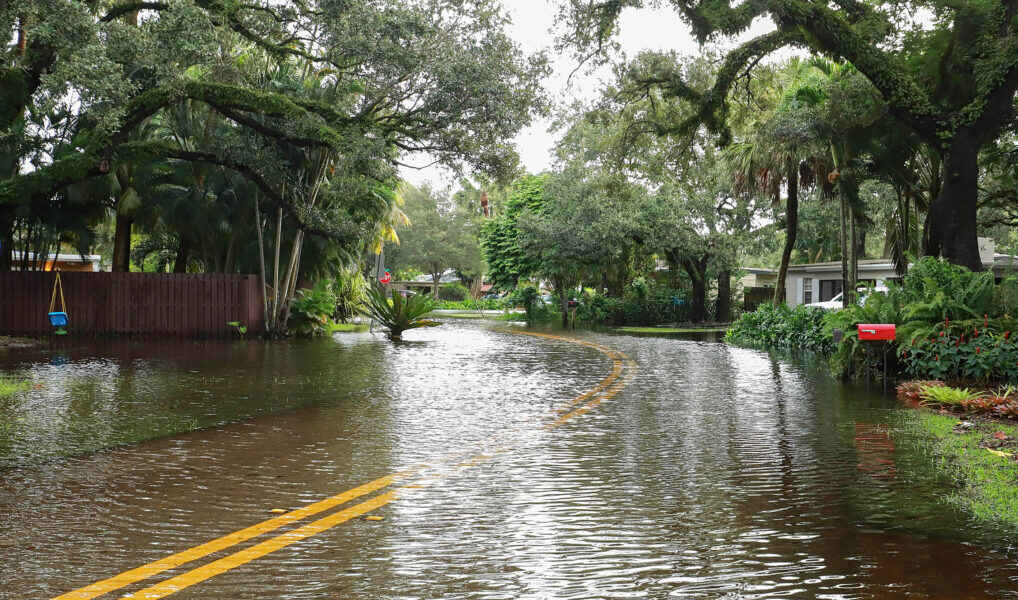
Opportunity to Promote Public Health for Workers Exposed to Extreme Heat
Law & Policy InsightsEnvironment, Climate and HealthMechanisms for Advancing Health EquityMental Health and Well-BeingEmergency Legal Preparedness and ResponseInjury Prevention and SafetyMechanisms for Advancing Public HealthPublic health law plays a critical role in protecting communities from the current and future health threats posed by climate change. Based on their work with communities and public health professionals, the Network’s Climate and Health team has identified 10 public health law strategies to equitably prepare communities for the health impacts of climate change.











